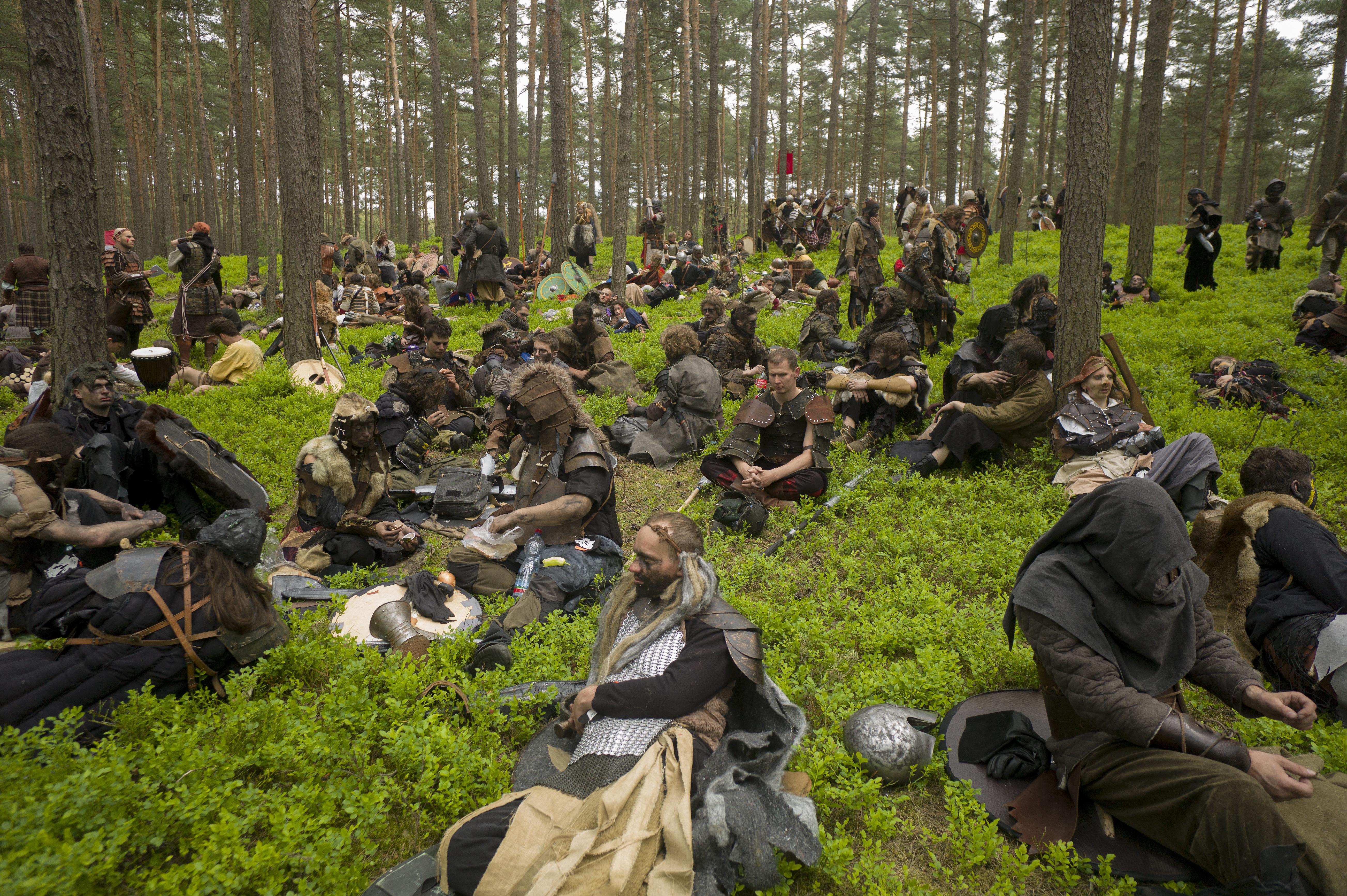A correspondent writes in with an important question related to The Hobbit: If you killed Smaug the dragon and seized his apparently vast stockpile of gold (Forbes estimates it at $62 billion) wouldn’t you just get run-amok inflation?
Unfortunately, we don’t seem to have any way of estimating the total amount of gold knocking around Middle Earth so it’s difficult to know how large the impact would be. But this is essentially how the pre–World War I gold standard worked. Whenever a bunch of new gold mines were discovered, you’d get inflation. When existing mines lost their productivity, you’d get deflation. Most of the time this worked OK because gold shocks were relatively rare. But they did happen. Basing the monetary system on precious metal didn’t make inflation impossible, it simply meant it was a by-product of mining activity. Killing a very rich dragon would have a similar impact.
That said, the really significant issue in J.R.R. Tolkien’s context is that the transportation and monetary infrastructure is all quite primitive.* In the modern world, a drought in Australia makes the price of pasta rise in Chicago because there are very efficient global commodity markets. Shocks propagate quickly throughout the world, but that also means their impact is spread.
Middle Earth seems quite different. If a whole bunch of gold were plopped down in The Shire, the price level in Gondor wouldn’t rise. It would take a long time for people in Gondor to even hear about this happening, and nobody would put that much faith in the veracity of improbable-sounding rumors about events in distant lands. Consequently the local price level could rise quite a bit with significant Shirewide inflation taking place. Except this really would be a localized inflation. A thrifty hobbit who saved a reasonably large share of his high nominal wages and then left to go elsewhere could enjoy a very high real standard of living.
*Correction, Dec. 17, 2013: This blog post originally misspelled the last name of J.R.R. Tolkien.
